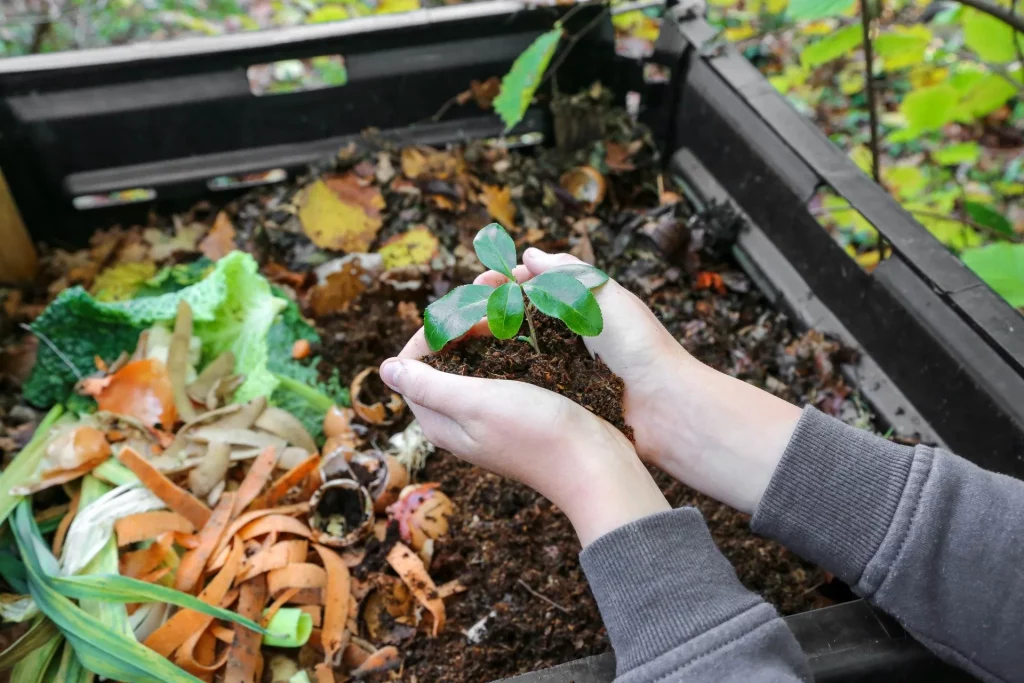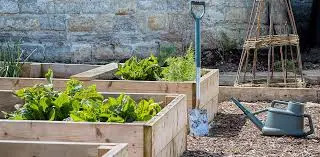As gardening enthusiasts, we have a unique opportunity to make a positive impact on the environment through sustainable gardening practices. By adopting eco-friendly methods, we can minimize our garden’s ecological footprint and contribute to a healthier planet.
In this article, we will explore various sustainable gardening practices and provide practical tips on reducing environmental impact in your garden.
Lets look at 6 sustainable gardening practices
1. Water Conservation:
Water is a precious resource, and efficient water usage is crucial in sustainable gardening. Implementing practices such as installing rain barrels to collect rainwater, using drip irrigation systems, and mulching can significantly reduce water waste.
Additionally, selecting native or drought-tolerant plants that require less water can help conserve this valuable resource.
2. Organic Pest Control:
Avoiding the use of harmful pesticides is a key aspect of sustainable gardening. Embrace natural pest control methods such as companion planting, which involves growing plants that repel pests or attract beneficial insects.
Encouraging a diverse ecosystem in your garden with birdhouses, bee-friendly flowers, and beneficial insect habitats can help maintain a natural balance and control pests organically.
3. Composting:
Creating your own compost is a fantastic way to reduce waste and provide nutrient-rich soil for your garden.
Composting kitchen scraps, yard trimmings, and other organic materials not only diverts waste from landfills but also enriches the soil naturally.
Use compost as a top dressing or incorporate it into your planting beds to promote healthy plant growth.

4. Plant Selection:
Choosing native plants that are adapted to your region’s climate and soil conditions is essential for sustainability. Native plants generally require less water, fertilizer, and pesticides, as they are naturally suited to the local environment.
They also provide habitats for local wildlife, promote biodiversity, and contribute to a more resilient ecosystem.
5. Soil Health:
Maintaining healthy soil is fundamental for sustainable gardening. Avoid the use of synthetic fertilizers and opt for organic alternatives, such as compost, well-rotted manure, or natural soil amendments.
These enrich the soil with nutrients, improve its structure, and support beneficial microbial activity. Implementing techniques like crop rotation and cover cropping can also enhance soil fertility and prevent soil erosion.
6. Conservation of Resources:
Reducing waste and conserving resources go hand in hand with sustainable gardening. Practice responsible waste management by recycling garden materials, reusing containers, and opting for eco-friendly gardening products.
Consider up cycling materials like old pallets or reclaimed wood for raised beds or creative garden structures. Moreover, using energy-efficient tools and equipment, such as solar-powered lighting or battery-operated garden tools, can minimize your garden’s energy consumption.
Conclusion:
By adopting sustainable gardening practices, we can create thriving gardens while minimizing our impact on the environment.
From water conservation and organic pest control to composting and plant selection, each step toward sustainability contributes to a greener future. Embrace these eco-friendly practices and inspire others to follow suit, for together, we can make a significant difference in preserving and nurturing our planet’s natural resources through our gardens.

